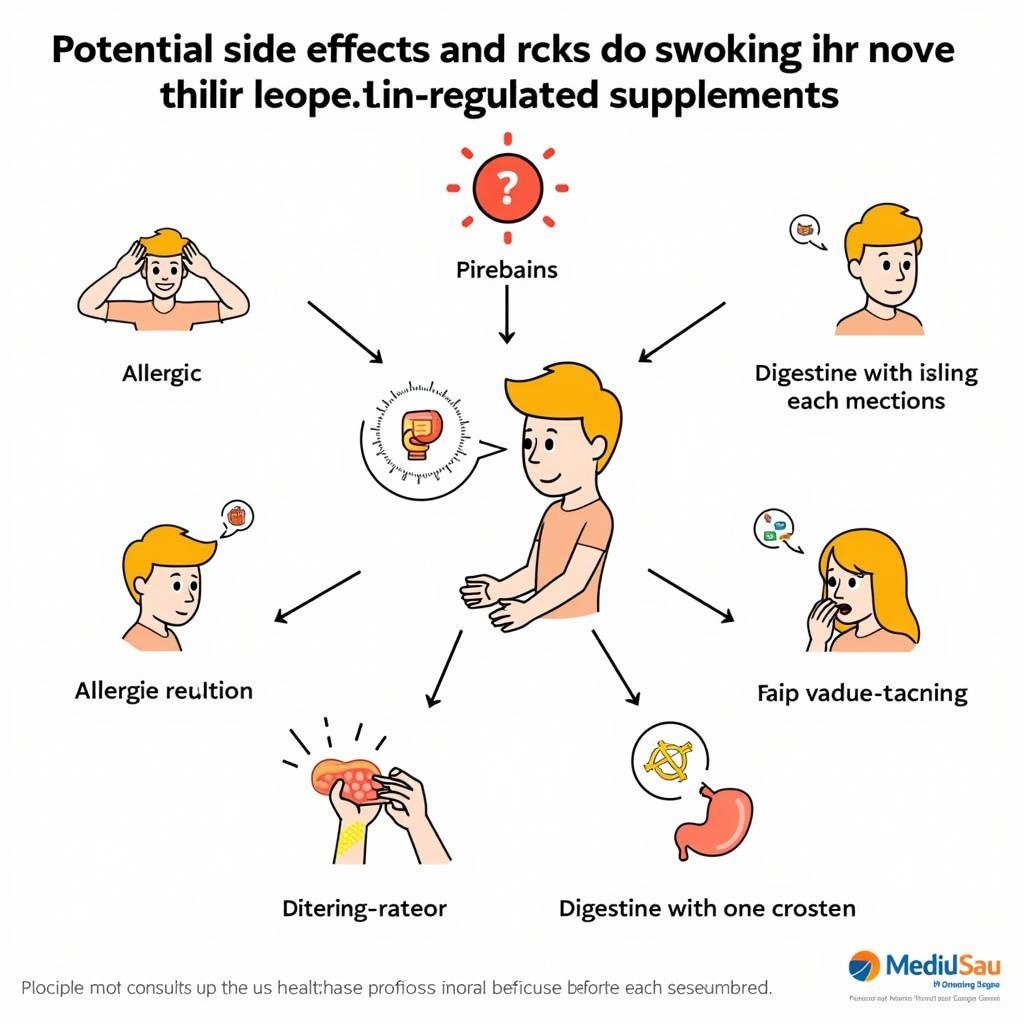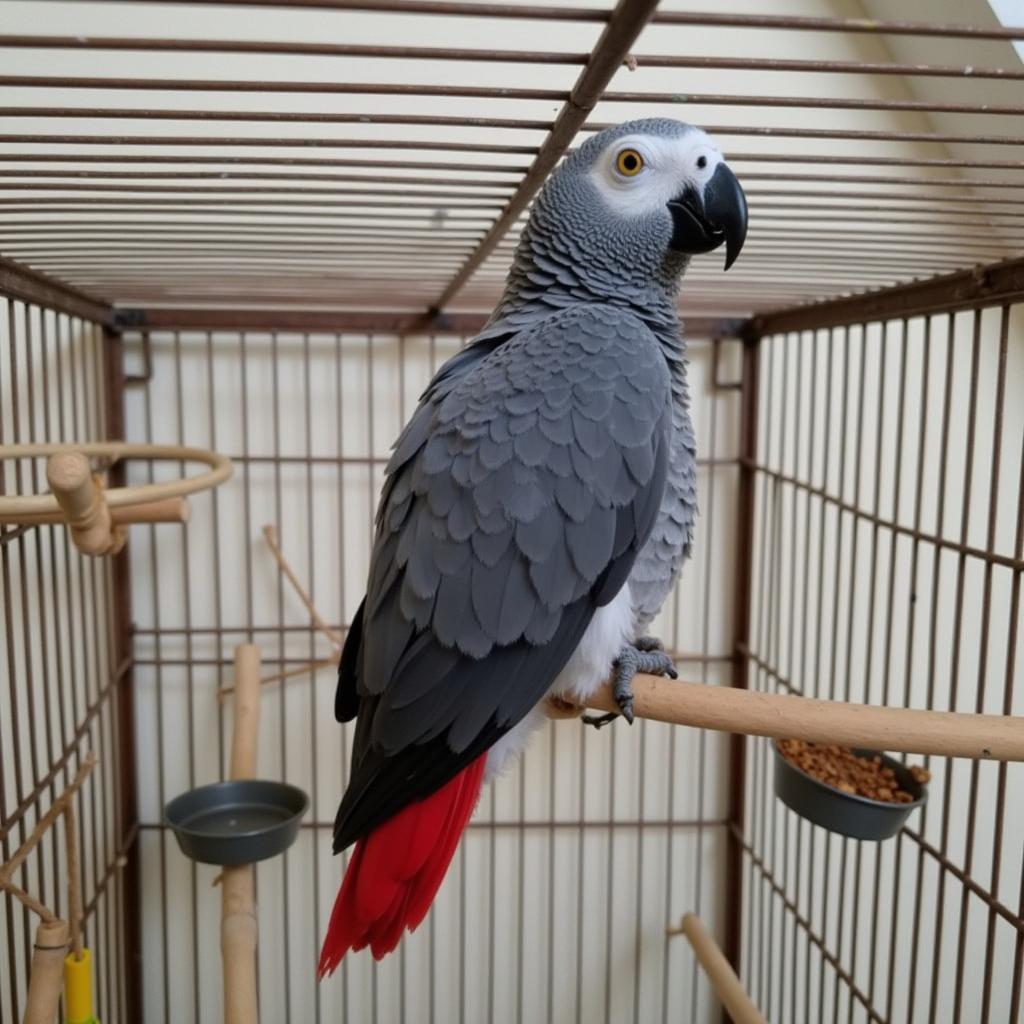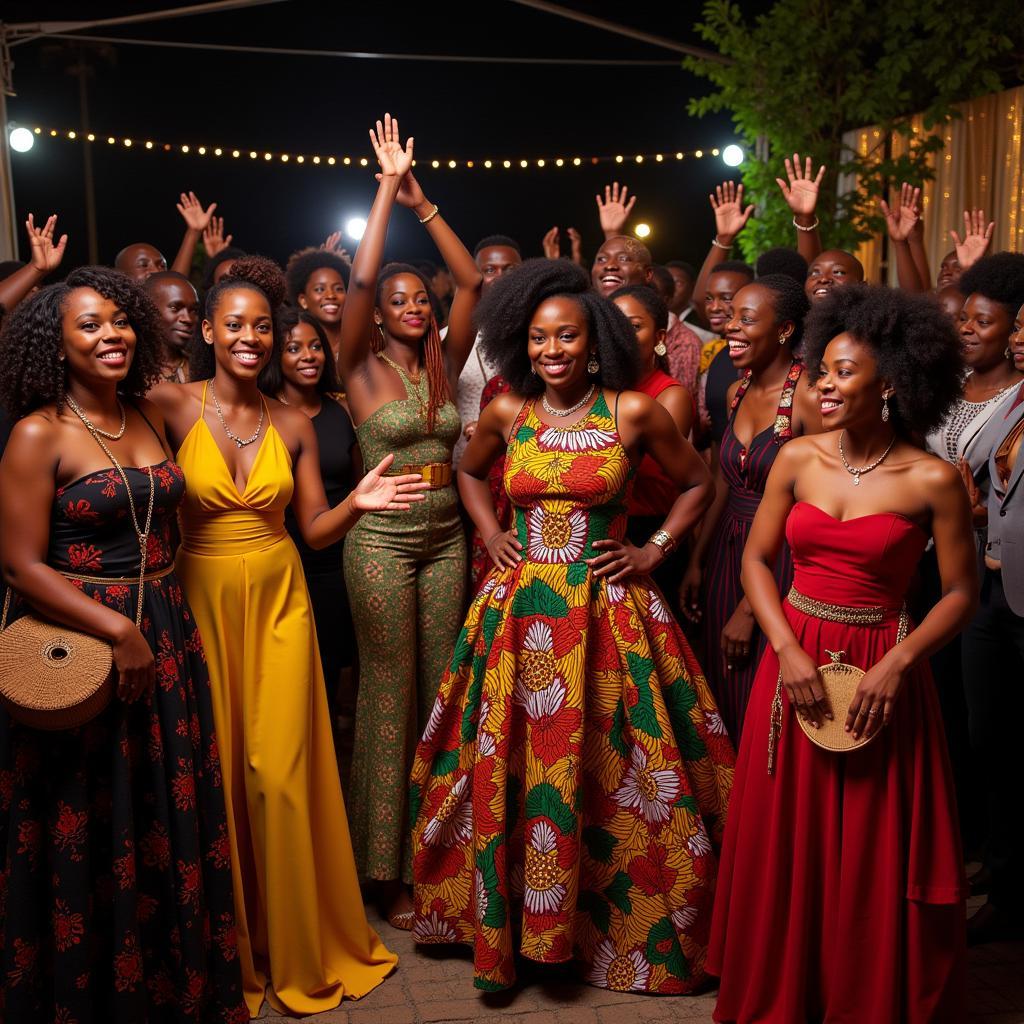Understanding and Managing African American Dandruff
Dandruff, a common scalp condition, affects people of all ethnicities, including African Americans. While the underlying causes are similar across the board, African Americans may experience dandruff differently due to unique hair characteristics and styling practices. This article delves into the intricacies of African American Dandruff, exploring its causes, effective treatments, and practical tips for maintaining a healthy, flake-free scalp.
Why Do I Have Dandruff? Unraveling the Causes
Dandruff, scientifically known as seborrheic dermatitis, occurs when the scalp’s natural renewal process goes awry. The culprit? A microscopic yeast called Malassezia globosa, which thrives on the sebum (oil) produced by our scalps. While this yeast is a normal resident of our skin, an overgrowth can trigger an inflammatory response, leading to:
- Rapid skin cell turnover: The scalp sheds dead skin cells at an accelerated rate, leading to visible flakes.
- Scalp inflammation: The affected area may become red, itchy, and irritated.
While the exact reasons for this overgrowth remain unclear, several factors can contribute to dandruff in African Americans:
- Dry scalp: African American hair and scalp tend to be naturally drier due to the shape of the hair follicles, making them more susceptible to irritation and flaking.
- Product buildup: Frequent use of styling products, especially heavy oils and creams, can accumulate on the scalp, creating a breeding ground for Malassezia globosa.
- Tight hairstyles: Styles that pull on the scalp, such as braids, weaves, and locs, can cause inflammation and exacerbate dandruff if not maintained properly.
- Skin conditions: Pre-existing conditions like eczema and psoriasis can also manifest as dandruff.
African American Dandruff: Addressing Unique Concerns
While the fundamental causes of dandruff remain consistent, certain factors can make dandruff more challenging to manage for individuals with Afro-textured hair.
- Hair texture: The tightly coiled structure of African American hair can make it difficult for natural oils to travel down the hair shaft, leading to a drier scalp.
- Styling practices: Protective styles, while beneficial, can trap sweat and product buildup if not cared for correctly, exacerbating dandruff.
Effective Solutions: Combating Dandruff in African American Hair
Don’t let dandruff dampen your style! Here’s how to tackle it head-on:
1. Medicated Shampoos: Your First Line of Defense
Medicated shampoos are the cornerstone of dandruff treatment. Look for ingredients like:
- Ketoconazole: An antifungal agent that effectively targets Malassezia globosa.
- Selenium sulfide: Controls yeast growth and reduces cell turnover.
- Zinc pyrithione: Inhibits fungal growth and soothes inflammation.
- Salicylic acid: Helps loosen and remove flakes.
Important Tip: Choose shampoos specifically formulated for African American hair to address dryness and prevent further irritation.
2. Scalp Care: Going Beyond the Shampoo
- Exfoliate regularly: Gently exfoliate your scalp once or twice a week to remove dead skin cells and product buildup. Use a soft-bristled brush or a scalp scrub containing salicylic acid.
- Moisturize effectively: Replenish moisture lost through shampooing with a lightweight, water-based moisturizer designed for the scalp. Look for ingredients like aloe vera and shea butter.
3. Lifestyle Adjustments: Supporting Scalp Health from Within
- Manage stress: Stress can trigger or worsen dandruff. Explore relaxation techniques like yoga, meditation, or spending time in nature.
- Eat a balanced diet: A diet rich in fruits, vegetables, and omega-3 fatty acids can promote scalp health.
- Stay hydrated: Drink plenty of water to keep your scalp hydrated from within.
Navigating Dandruff with Protective Styles
Protective styles are a staple for many African Americans, but they require special attention when it comes to dandruff.
- Keep it clean: Wash your scalp regularly, even with braids or weaves, using a diluted medicated shampoo or a specialized cleansing spray.
- Don’t neglect your scalp: Moisturize your scalp regularly with a lightweight oil or serum, paying extra attention to the areas underneath braids or extensions.
- Avoid tight styles: Give your scalp a break from styles that pull tightly, allowing it to breathe and reducing the risk of irritation.
Expert Insights: A Dermatologist’s Perspective
“For my African American patients experiencing dandruff, I often recommend using a medicated shampoo two to three times a week, alternating with a moisturizing shampoo formulated for their hair type,” says Dr. Aaliyah Johnson, a board-certified dermatologist specializing in hair and scalp disorders. “It’s also crucial to avoid scratching the scalp, as this can further irritate the skin and worsen the condition.”
Taming the Flakes: Your Journey to a Healthy Scalp
While dandruff can be a persistent concern, understanding its causes and implementing a consistent hair care routine can make all the difference. Remember, managing dandruff is an ongoing process. By adopting a holistic approach that includes medicated treatments, proper scalp care, and a healthy lifestyle, you can achieve a flake-free scalp and enjoy the confidence of healthy, vibrant hair.
Frequently Asked Questions
Q: Is dandruff contagious?
A: No, dandruff is not contagious. It is caused by an overgrowth of yeast that is naturally present on everyone’s scalp.
Q: Can diet affect dandruff?
A: While diet alone may not cure dandruff, a balanced diet rich in vitamins and minerals can promote overall scalp health.
Q: How often should I wash my hair if I have dandruff?
A: It’s generally recommended to wash your hair 2-3 times a week with a medicated shampoo if you have dandruff. However, consult with a dermatologist for personalized advice.
Q: Can I still use styling products if I have dandruff?
A: Yes, but choose lightweight products and avoid heavy oils or creams that can build up on the scalp. Look for products labeled as “non-comedogenic,” meaning they won’t clog pores.
Q: When should I see a dermatologist for my dandruff?
A: If your dandruff is severe, doesn’t improve with over-the-counter treatments, or is accompanied by other symptoms like hair loss or bleeding, it’s best to consult a dermatologist.
For more information on managing African American hair loss and beard care, you can visit our articles on african american hair loss treatment and african american beard care. We also offer insights into using the right african american beard softener for optimal beard health.
Need Help With Dandruff?
Dealing with persistent dandruff can be frustrating. If you’re struggling to find relief, don’t hesitate to reach out. We’re here to help you achieve a healthy, flake-free scalp. Contact our dedicated customer support team at +255768904061 or email us at kaka.mag@gmail.com. You can also visit us at our location: Mbarali DC Mawindi, Kangaga, Tanzania. We offer 24/7 support to address your concerns and guide you towards the right solutions.


